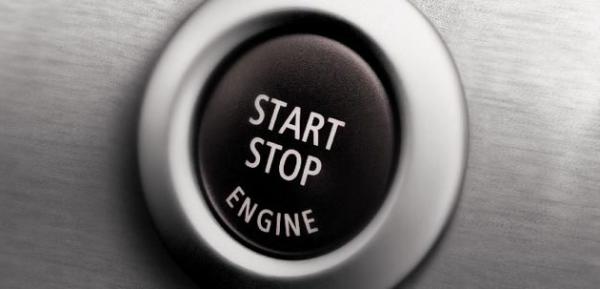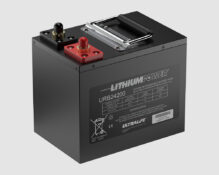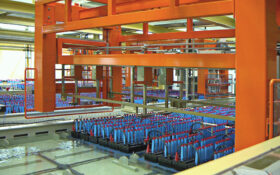The Advanced Lead Acid Battery Consortium (ALABC) is seeking participants for a $300,000 US Department of Energy (DOE) funded lead carbon battery research programme.
The programme, which was unveiled at an ALABC meeting during the 14th European Lead Acid Battery Conference in Edinburgh, will include six lead carbon batteries to be tested in 12V stop-start automotive applications. The DOE is expected to put up $150,000 for the one-year research programme, slated to commence in early 2015, with the six participants stumping up $25,000 match funding apiece.
Electric Applications’ Don Karner, who has been spearheading the programme on behalf of the ALABC, said the batteries could be lead-acid batteries featuring carbon additives in active material or ‘pure’ carbon anode lead batteries.
“We’re calling for production batteries or at least near-production batteries,” Karner told BEST. “Let us benchmark you to compare lead-acid with other chemistries,” he added.
Initial performance tests of lead carbon batteries would be conducted for two months, while cycle life testing would then take place over a period of one year. Quarterly reports are also expected.
The ALABC will finalise the participants by the end of September, and expects to submit its final proposals to the DOE by 10 October. A DOE contract is expected to be signed by the end of 2014.












